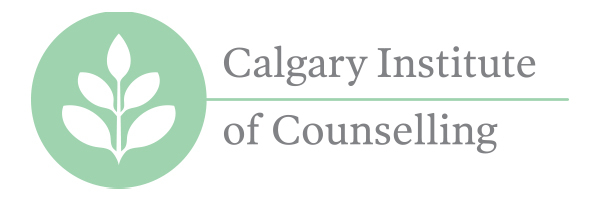Escaping the Drama Triangle
The drama triangle is an interpersonal interaction pattern that we often engage in unintentionally. This pattern of interacting is unhealthy and manipulative – a dysfunctional social game.
It involves three roles, although not all of them need to be filled. These roles are not permanent, and people often oscillate between roles during conflict. Everyone has a role that they gravitate towards, most often because playing that role has gotten them results in the past. It is important to note that these roles are not who the person is in life. Rather, they simple denote a specific behavioural pattern of interaction.
The Victim
The victim sees themselves as passive, life happens to them and they feel powerless to affect their situation. The victim, in this model, is not an actual victim (e.g., domestic violence or abuse), rather they feel and act like a victim. They see themselves as oppressed, helpless, dejected and powerless and often deny responsibility for their role in any of their problems. The victim takes the stance of “poor me!”
The Persecutor
The Persecutor criticizes and blames others, often the victim. They are strict, controlling, unforgiving, and works to keep the victim feeling powerless through bullying. The persecutor often yells and directs but does not actually help to solve any problems. The Persecutors stance is “it’s all your fault!”
The Rescuer
The rescuer is usually the enabler. The rescuer feels guilty if they don’t jump in to help the victim. While their actions take the form of helping, they really keep the victim in a position of helplessness and give the rescuer a feeling of superiority. They often focus on others needs while ignoring their own. The rescuer takes the stance “let me help you!”
The drama triangle is maintained because each person gets some psychological need met through the role they are playing. No body wins in this triangle – the only thing you get is drama.
Escaping the Drama Triangle
The drama triangle is anxiety-based and problem-focussed. Each role is fearful of owning their own experience and so they focus their attention outward. To escape the triangle, the first step is to recognise your role. Next, turn your attention inwards and reflect on what needs you are trying to have met through the dysfunctional role you have taken on. Last, step out of that role, acknowledge your needs and step into your power by taking on a new role with new behaviours.
Victimized to Vulnerable
The victim is blameless and therefore powerless to change their situation. Instead, opt for vulnerability – acknowledge you are struggling. Accept your situation and your responsibility to take action to change it.
Rescuing to Caring
When you rescue, you take power away from others, let your guilt control you and ignore your own needs. Instead, focus on caring – empathise with other’s feelings, but respect them enough to allow them to cope however they see fit. This frees up your time and energy to focus on your own needs.
Persecuting to Asserting
When you are persecuting you bully and threaten punishment to control others. Instead, be assertive. Acknowledge that you have needs and take on the responsibility of doing and asking. Take action to meet your own needs and ask to have them met.
References
https://www.forbes.com/sites/remyblumenfeld/2018/12/07/how-to-transform-your-relationships-by-getting-creative/#5b996bdc7565
https://www.bpdfamily.com/content/karpman-drama-triangle
